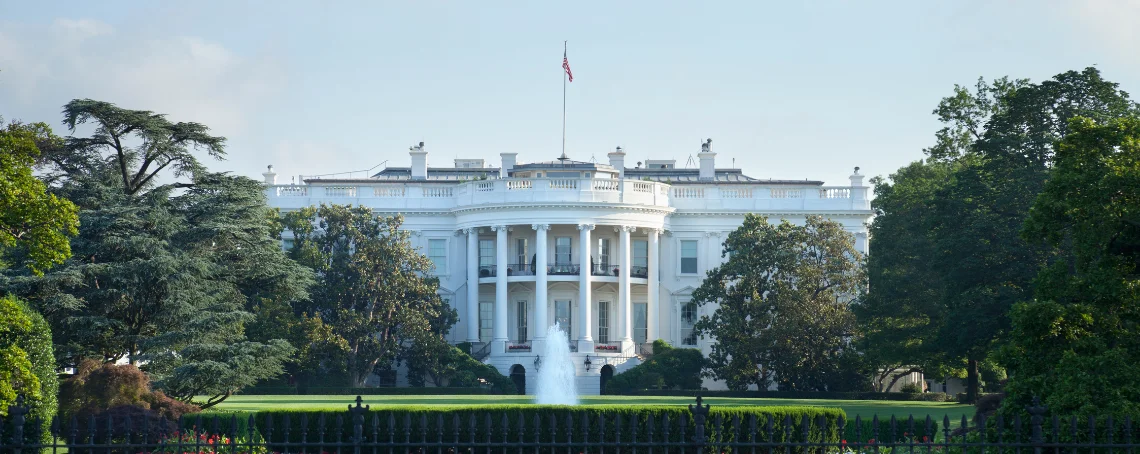Many college students are told LinkedIn is a platform they “should” be on. But often, no one really explains how to get started or what to post. The good news is you don’t need years of experience, an extensive network, or a long list of accomplishments to start building your LinkedIn presence.
Here are some simple, practical tips to help you launch your LinkedIn account, and get started connecting with people and opportunities:
1. Start with a Professional-Looking Headshot
You don’t need a headshot taken by a professional photographer. However, it is important to choose a photo where you’re well-lit, facing the camera, and smiling naturally. A neutral background and work-appropriate attire are also essential.
2. Write a Headline That Shows Your Direction
Instead of “Student at ___,” use your headline to highlight your interests or career goals.
Examples:
- Project Management | B.A. Candidate in Business at [College Name]
- AI & Software Engineering | B.S. Candidate in Computer Science at [College Name]
This gives recruiters and professionals a better sense of who you are and your goals.
3. Add a Short, Simple “About” Section
Your About section should explain:
- What you are studying
- Academic and professional accomplishments you are particularly proud of
- Career fields and/or specific opportunities you are interested in
Keep it conversational; this is not your resumé, rather, it’s a written “elevator pitch.”
4. Highlight Coursework, Projects, and Campus Involvement
No internship yet? No problem. You can build an impressive profile with:
- School projects
- Research
- Leadership roles
- Volunteering
- Club activities
These experiences demonstrate real-world skills like collaboration, problem-solving, and project management.
5. Turn Experiences Into Achievements
Instead of simply listing roles and duties performed, describe achievements you can quantify. For
Instead of: Participated in university Marketing Club
Say this: Collaborated with a team of fellow club members to launch a campus social media campaign that reached 600+ students.
Instead of: Raised money for a local nonprofit
Say this: Managed a campaign to raise funds for a local nonprofit serving families facing food insecurity. Led a team of volunteers that collectively made 100+ phone calls per day for 2 weeks, raising over $10,000.
Specifics make your experiences and achievements more meaningful and more memorable for people perusing your LinkedIn profile.
6. Start by Connecting with People You Already Know
Your first connections can be:
- Classmates
- Professors
- Teammates
- Coworkers
- Friends
- Former teachers
- People you’ve met at events
7. Personalize Your Connection Requests
A quick note boosts your chances of your connection request being accepted on LinkedIn. Try something like:
“Hi Jordan, I enjoyed meeting you at the career fair. I’d love to stay connected!”
Small gestures go a long way.
8. Follow Companies and Leaders in Your Field
This helps you understand:
- Industry trends
- In-demand skills
- Internship opportunities
- What professionals are talking about
It also fills your feed with useful content, rather than random posts.
9. Share Small Wins or Reflections
You don’t need to be a “LinkedIn influencer.” Simple posts work incredibly well:
- Something interesting you learned in class
- A project you finished
- A workshop or career panel you attended
- A goal you’re working toward
Posting even once a month builds visibility and confidence.
10. Reach Out for Informational Interviews
One of the biggest advantages of LinkedIn? People want to help students. Message someone in a role, or at a company you’re interested in and ask:
“Would you be open to a 10-15 minute conversation about your career path?”
These conversations can lead to advice, referrals, and mentorship.
11. Stay Active (Even If It’s Just Once in a While)
Every few weeks, try to:
- Post about a new project
- Update your accomplishments
- Connect with someone new
- Comment on a post
Consistency matters more than perfection.
12. Don’t Wait Until You’re Job Hunting
The earlier you start, the easier everything becomes: internship applications, networking, and learning about your field. Building your presence now sets you up for success later.

